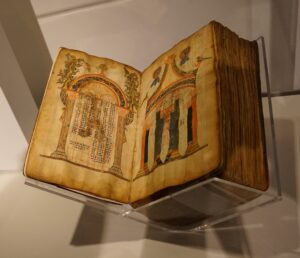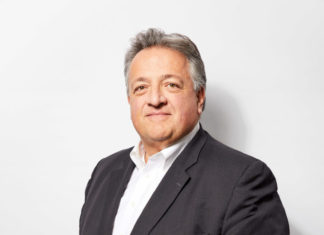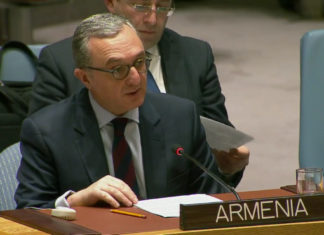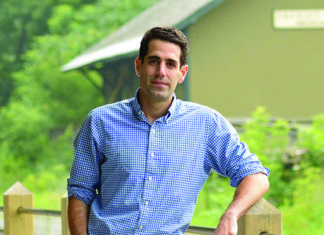NEW YORK (AP) — Barry Zorthian, a colorful US diplomat who left his mark on American policy in Vietnam as a forthright and often combative press spokesman in the early years of the war, has died.
Zorthian, 90, died Thursday, December 30, 2010, in a Washington, DC hospital, where he had been admitted a few days earlier, his son, Greg, said. A staph infection was the immediate cause of death.
By his own reckoning, Zorthian was the last surviving member of the original cadre of US diplomats and military leaders whose policy decisions shaped events in America’s longest war.
Dispatched to Saigon in 1964 by President Lyndon Johnson to defuse an increasingly acrimonious relationship between American officials and news correspondents covering the war, Zorthian used a mixture of charm, sly wit and uncommonly straight talk in trying to establish credibility for the US effort.
In the first American war without formal censorship, Zorthian had no way to prevent unauthorized disclosures or stifle criticism, but he refused to be intimidated by either officials or the news media.
“He talked back,” said George McArthur, who covered the Vietnam War for the Associated Press and the Los Angeles Times.









